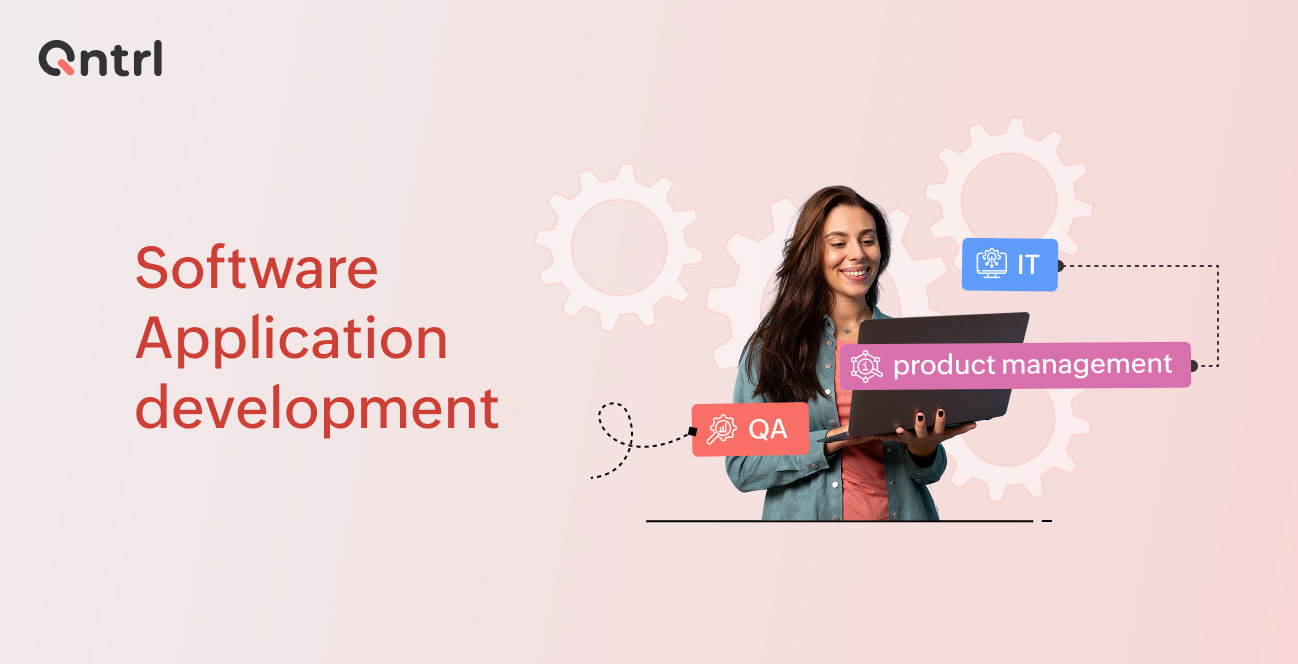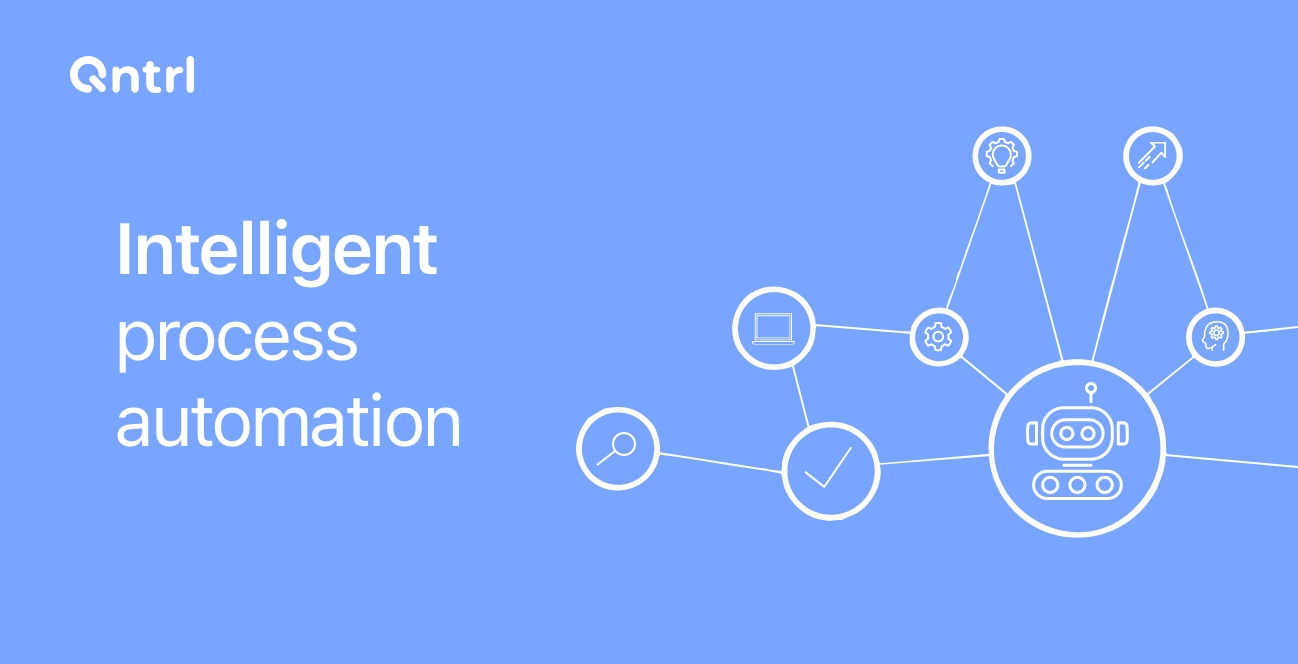If you want your team to get on schedule and start being more efficient, consider a tool. With so many on the market—task management, work management, process management, and project management—how do you choose one?
This article will help you learn the difference between the apps for task management and workflow management by answering all your questions to help you choose the best platform to support your team's efficiency. Additionally, if you choose the right app for your process, you can potentially save 20-30% revenue.
Workflow management vs. task management
Workflow management is designing, executing, and monitoring activities comprising a project or a process. It involves identifying the various steps in completing a task or process, assigning roles and responsibilities, and ensuring each step is completed correctly and within the allocated time frame.
Task management, on the other hand, refers to managing individual tasks within a project or process. It involves creating a list of tasks, prioritizing them, assigning them to team members, and monitoring their progress.
Can workflow management manage tasks?
Tasks can be managed by workflow management systems as a part of a more extensive process. Workflow management requires creating, implementing, and keeping track of workflows, which are collections of tasks or activities that must be carried out sequentially to accomplish a specified objective.
The task management feature of workflow management easily lets users add, delegate, and monitor tasks to the workflow. The tasks necessary for each stage of the process can be specified by users, who can then allocate them to particular teams or groups, set deadlines and priorities, and monitor the progress of each work.
But does task management manage workflows?
Although task management can be used to manage tasks within workflows, it may not be as effective as a dedicated workflow management system.
Workflow management focuses on creating, carrying out, and monitoring interdependent tasks or activities to achieve a specific goal.
Task management concentrates only on assigning and monitoring individual tasks.
Features like visual process modeling, automatic task routing, escalation and notifications, data capture and analytics, and process improvement tools are frequently found in dedicated workflow management systems.
With the help of these tools, businesses can control the entire workflow from beginning to end, including task assignment, progress monitoring, and detecting bottlenecks and inefficiencies.
Some task management software do, however, provide the most basic workflow management features, including the ability to set up automated reminders or notifications and specify task dependencies. These tools can be helpful for firms that don't need the entire feature set provided by a dedicated workflow management system or for smaller, less complex workflows.
Where are workflow and task management best suited?
Task and workflow management are essential tools for managing processes and projects, although they work better for specific project types and tasks.
The projects and procedures that need workflow management are complicated, have numerous steps or stages, and call for collaboration between various teams or departments. Systems for managing workflows are beneficial for handling routine tasks or those involving many stakeholders.
For instance, a healthcare facility can use a workflow management system to control the patient intake procedure, including registration, triage, and medical evaluation. The workflow management system can track each patient's progress, automatically route tasks to the right staff members, and produce notifications.
However, task management works best for projects with a limited scope, fewer stakeholders, and a short timetable. It is handy for organizing tasks or to-do lists individually.
A small team can employ a task management application to organize their daily activities and responsibilities, while an individual can use one to manage their to-do list.
In conclusion, task management is more suited to smaller, more targeted projects with fewer stakeholders than workflow management for complex, multi-stage processes with numerous stakeholders.
Wrapping up
Task management is crucial for ensuring each assignment is accomplished effectively and on time. In contrast, workflow management takes a more comprehensive approach to work management and concentrates on the broader picture.
By employing a workflow management plan, you can ensure all tasks and projects align with your objectives and overarching strategy and that your team is productively cooperating to meet expectations.
It ultimately comes down to the scope of your project and your team's unique requirements, whether you concentrate on task management or work management. Yet, adopting a process approach to work management can help you remain on top of your workload, prevent burnout, and accomplish your objectives more successfully.







